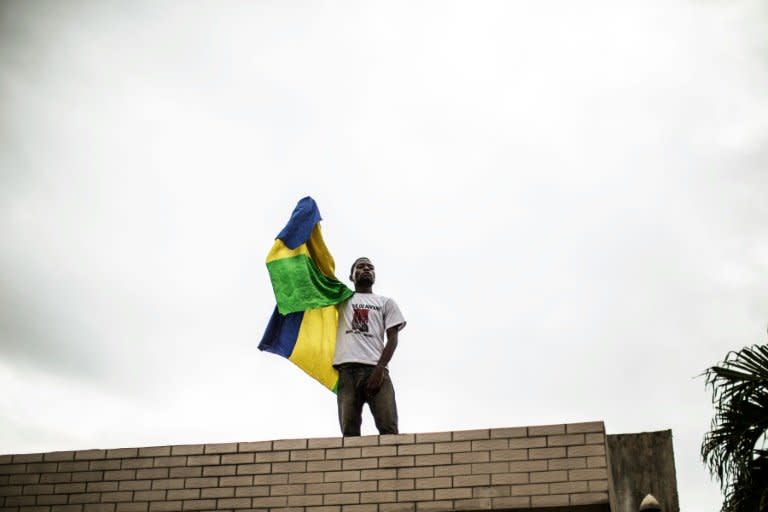UN chief urges restraint in calls to Gabon candidates

© AFP Marco Longari
United Nations (United States) (AFP) - UN Secretary-General Ban Ki-moon on Tuesday spoke by phone with Gabon's presidential candidates and urged them to ask their supporters to show restraint while waiting for the election results.
Ban spoke to incumbent Ali Bongo and challenger Jean Ping, both of whom have already claimed victory and accused each other of cheating following the vote on Saturday.
The UN chief "expressed concern about the issuance of premature declarations on the outcome of the election ahead of the official announcement of the results" later on Tuesday, said Ban's spokesman in a statement.
Ban called on Bongo and Ping "to impress upon their supporters the need to show restraint while waiting for the announcement," he added.
There are fears that the tensions may erupt into a repeat of the violence seen after the disputed 2009 election.
Bongo has ruled Gabon since 2009, following in the footsteps of his late father Omar Bongo who held power for 41 years.
Ban urged Bongo and Ping to resolve any elections dispute through legal means.
The election took place in a climate of social unrest driven in large part by the economic impact of the slump in the price of oil, which has long dominated Gabon's economy.
See Also:

 Yahoo Finance
Yahoo Finance 